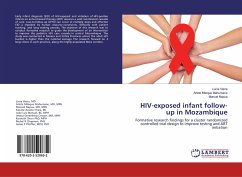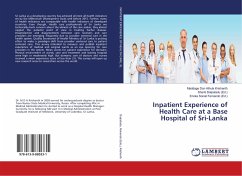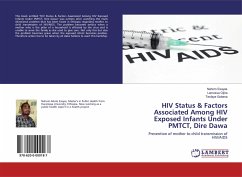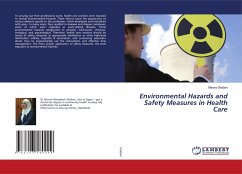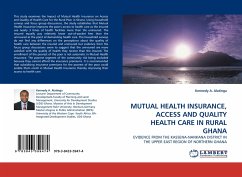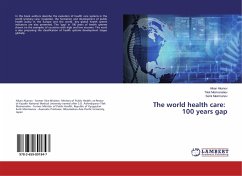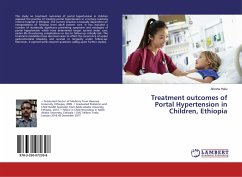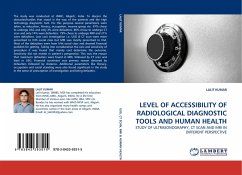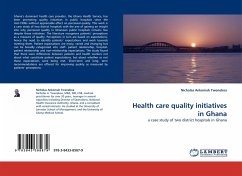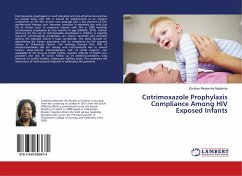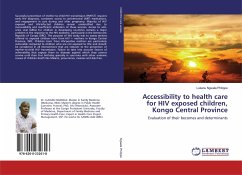
Accessibility to health care for HIV exposed children, Kongo Central Province
Evaluation of their becomes and determinants
Versandkostenfrei!
Versandfertig in 6-10 Tagen
21,99 €
inkl. MwSt.

PAYBACK Punkte
11 °P sammeln!
Successful prevention of mother-to-child HIV transmission (PMTCT) requires early HIV diagnosis, consistent access to antiretroviral (ART) medications, and engagement in care during and after pregnancy. Majority of HIV exposed and HIV-infected children remain unidentified due to inaccessibility and insufficient utilization of these services. Access to anti-retro viral (ARVs) for children in developing countries remains a major problem in the response to the HIV epidemic, particularly in the Democratic Republic of Congo (DRC). The purpose of this study was to assess services offered to exposed c...
Successful prevention of mother-to-child HIV transmission (PMTCT) requires early HIV diagnosis, consistent access to antiretroviral (ART) medications, and engagement in care during and after pregnancy. Majority of HIV exposed and HIV-infected children remain unidentified due to inaccessibility and insufficient utilization of these services. Access to anti-retro viral (ARVs) for children in developing countries remains a major problem in the response to the HIV epidemic, particularly in the Democratic Republic of Congo (DRC). The purpose of this study was to assess services offered to exposed children born from HIV + mothers in Kongo Central Province, DRC. Children born from HIV-positive mothers are particularly vulnerable compared to children who are not exposed to HIV, and should be considered in all interventions that are relevant to the prevention of mother-to-child HIV transmission. Failure to take into account factors of vulnerability that expose them to diseases against which they cannot survive until their first birthday specially in countries with other endemic causes of children death like Malaria, pneumonia, measles and diarrhea.



